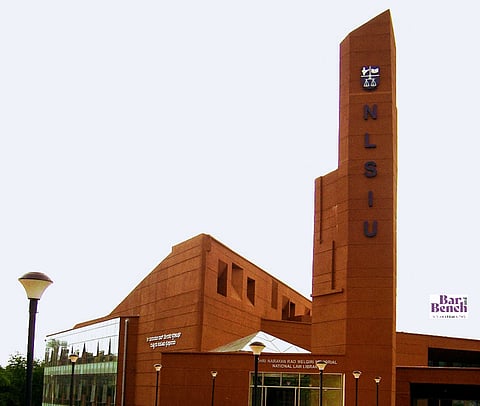
- News
- Columns
- Interviews
- Law Firms
- Apprentice Lawyer
- Legal Jobs
- हिंदी
- ಕನ್ನಡ

The Alumni Association of the National Law School of India University (NLSIU) organized an E-symposium on Saturday featuring a panel of academicians, lawyers and entrepreneurs to discuss the future of legal education at NLS .